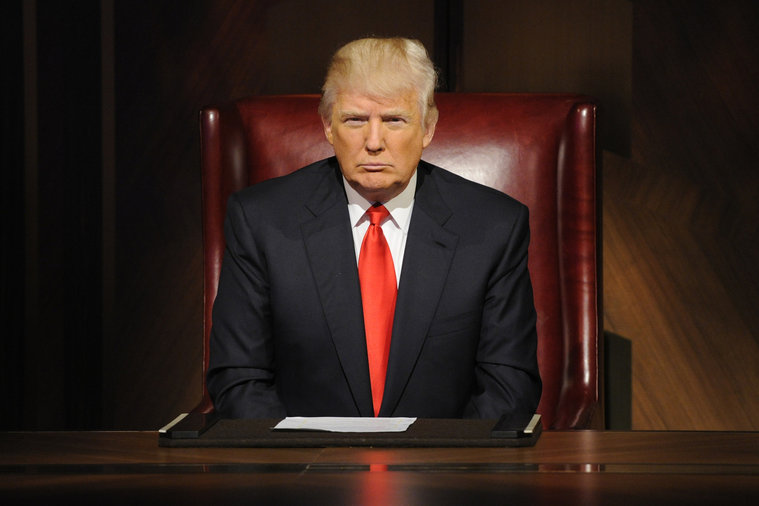

I was just in Sweden speaking at Uppsala University outside of Stockholm.
[Here is a quick, shaky video I took of the Swedish students waiting outside the auditorium to hear my talk. My friend Poya, with the beard, was nice enough to be my host.]
Today for the Book Of The Day, I read, The Art Of War by Sun Tzu.
This ancient Chinese book is the "business Bible" for many top CEOs and entrepreneurs.
Rick Wartzman, executive director of The Drucker Institute says, “Ask business people to peg the writer whose thinking is most clearly reflected in both military and corporate circles, and odds are that you’ll hear the name Sun Tzu.”
Even non business leaders read it. The NFL coach Bill Belichick used Tzu's lessons to win football games. The soccer coach Carlos Alberto Parreira Scolari made the Brazilian World Cup squad of 2002 study its words.
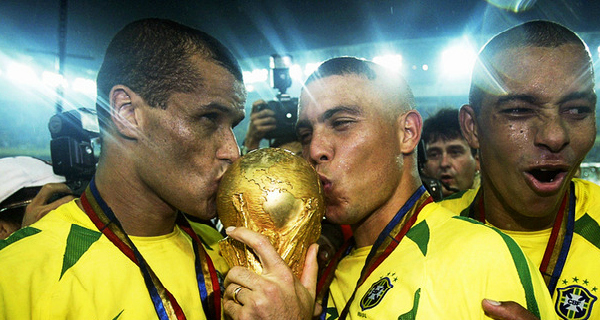
I read this book at least twice a year. It always offers some new business insights every time I read it.
In Chapter 8 Sun Tzu says about the cause of failure:
"...the cause will surely be found among... 5 dangerous faults. Let them be a subject of meditation."
How can these five dangerous faults destroy your business? Let me start by saying that the Swedish student's fear of failure is understandable. No one wants to be the one on Donald Trump's TV show, The Apprentice, who hears the dreaded phrase, "You're Fired!"
Some studies show that humans fear things they can fail at (like public speaking) more than actually dying.
Here is the list of common fears from one survey in 1977 asked to 3000 Americans:
The 14 Worst Human Fears - Biggest Fear % named:
Speaking before a group
Heights
Insects and bugs
Financial Problems
Deep water
Sickness
Death
Flying
Loneliness
Dogs
Driving/riding in a car
Darkness
Elevators
Escalators
Glenn Croston, Ph.D. says that, "Humans evolved over the last few million years in a world filled with risks like large predators and starvation... early humans were probably commonly hunted by a wealth of large predators.
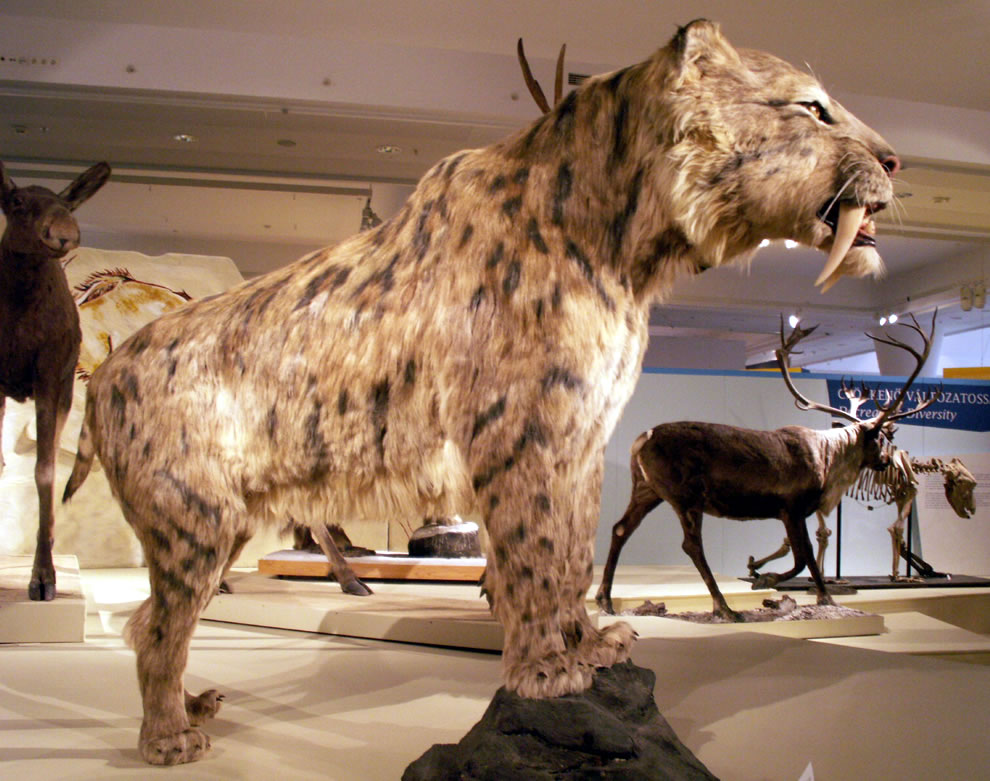
One common defense to predation displayed by primates and other animals is to live in groups.
The advantages of living in a group probably are the reason why early humans and other large primates evolved to be social, and why we are still social today. Failure to be a part of the social group, getting kicked out, probably spelled doom for early humans. Anything that threatens our status in our social group, like the threat of ostracism, feels like a very great risk to us.
'Ostracism appears to occur in all social animals that have been observed in nature,' said Kip Williams, a professor of psychological sciences at Purdue who has studied ostracism. 'To my knowledge, in the animal kingdom, ostracism is not only a form of social death, it also results in death.
The animal is unable to protect itself against predators, cannot garner enough food, etc., and usually dies within a short period of time,' said Williams."
We fear failure because we fear being kicked out of our social group.
If fear is so innate to the human mind we should probably forget about trying to completely get rid of all our fears. It's better to follow what Merck’s CEO Dick Clark said, "A crisis is a terrible thing to waste."
Use your fear of failure as a tool to drive you to make fewer mistakes.
Sun Tzu says of the clever warrior, "He wins his battles by making no mistakes. Making no mistakes is what establishes the certainty of victory..."
It reminds me of what Joel Salatin told me when I was 18 years old. I was in the first week of a 2.5 year apprenticeship on his Polyface farm and Joel sat in his kitchen and said, "Tai I only have one rule. You are not allowed to make any mistakes."
That rule woke me up. I remember getting in my old Pontiac Grand Am and driving to a little general store and buying a whole bunch of notepads.
This was before smartphones so I always kept a little "Clark Kent/Superman" reporter notepad in my back pocket to write down everything Joel told me. I didn't want to be the guy who let 100 cows into the wrong field, or forgot to move the chickens to new fresh pasture.
So the real question is how can you not make any mistakes in your business?
Sun Tzu offers a solution. He says as the 'general', the leader of your business, focus on 5 specific areas.
"There are five dangerous faults which may affect a general:
(1) Recklessness, which leads to destruction;
(2) Cowardice, which leads to capture;
(3) A hasty temper, which can be provoked by insults;
(4) A delicacy of honor which is sensitive to shame;
(5) Over-solicitude for his men, which exposes him to worry and trouble."
Let's see how you can apply these to your business and cash flow.
1. Recklessness: This one is simple. If you lack caution you probably will fail.
In my mentor program I teach that it all starts with a plan.
How good is your plan?
Is it simple enough for your Grandma to understand, yet thorough enough to have a plan for the worst case scenario?
Like Alexander Pope said in his poem 'An Essay On Criticism', "Fools rush in where angels fear to tread."
You do not want to be like General Custer.
His scouts told him that there was a HUGE force of hostile Indians ahead but he ignored them thinking they were exaggerating.
So he blazed ahead with 215 troops to attack 3,000 highly skilled Indians on their own territory!
Custer's famous last words were reportedly, "Hurrah Boys! Let’s get these last few reds then head on back to camp. Hurrah!"
Don't be a fool.
Always take time to scout and plan your next step. This doesn't mean you need to have a 50 page business plan (although that never hurts). But it does mean you need a plan that you can present to other smart people to critique, advise, and help you modify.
Always be a day ahead. Like Jim Rohn says, "We must become wise enough to use today to plan tomorrow."
In my life whenever I make a super well thought out plan and stick to it, I almost never fail.
My failures almost always have come from quick, seat-of-the-pants ideas that I just rushed into without thinking about things like:
- How much capital will I need?
- Who is already succeeding in this field and how did they pull it off?
- What is my unfair advantage that will give me an edge over the entrenched competitors?
- Is this business in my areas of strength?
2. Cowardice:
Be sure to read Richard Branson's "Screw It Let's Do It" and Kon Tiki by Thor Heyerdahl.
These are the stories of immense courage. The antidote for cowardice and fear is courage. Courage always starts with faith. Without faith in an unseen outcome, courage is just delusion.
You must be able to see the light at the end of the tunnel before it actually appears. This faith is the common attribute of all people who change the world. Start by taking courage in remembering that you will recover from most failures.
For example here are some famous people who failed:
- President Abraham Lincoln: In his early years, he started a store with a business partner all on credit. When he couldn't pay his debts he ended up bankrupt, he even had to sell his horse. It took him 8 years to pay back all he owed.
- Walt Disney: His first Disney studio went bankrupt in one year. He packed up his bags and then came to Hollywood and came up with a new cartoon idea, Mickey Mouse, which made him a fortune.
- Henry Ford: He was such a perfectionist with his first car company that it went bankrupt after a few years. He went on to start Ford cars but even the old bankrupt company eventually became Cadillac.
- Donald Trump: His businesses went bankrupt twice in one decade. But he is still doing just fine. I think he is now worth around $2.5 billion.
- Sylvester Stallone: The 2 producers Irwin Winkler and Robert Chartoff became interested in the script of Rocky and offered Sylvester Stallone an unprecedented $350,000 for the script he wrote. Stallone refused to sell unless they agreed to allow him to star in the film.
At the time he had only $106 in the bank. He had no money coming in and a pregnant wife. He knew he had to sell his dog. So he advertised him for $100 and sold him for $50.
The cool end to the story is he eventually was able to buy his dog back once he was rich for $3,000. So don't be afraid. Life often works out in the end.
Like Joel Salatin used to tell me, "Do something, even if it's the wrong thing."
3. Hasty Temper:
This goes beyond just getting angry easily. I believe Sun Tzu is talking about being dominated by emotions. To make money you have to be cool-headed, steady under pressure.
Charlie Munger says there are 25 games our brain plays on us - cognitive biases that lead to mistakes.
Munger says before he invests in a company he runs his decision through the following set of 10 guidelines:
A. Measure risk: All investment evaluations should begin by measuring risk, especially reputational. This is said to involve incorporating an appropriate margin of safety, avoiding permanent loss of capital and insisting on proper compensation for risk assumed.
B. Be independent: Only in fairy tales are emperors told they're naked. Remember that just because other people agree or disagree with you doesn’t make you right or wrong – the only thing that matters is the correctness of your analysis.
C. Prepare ahead: The only way to win is to work, work, work, and hope to have a few insights. If you want to get smart, the question you have to keep asking is “why, why, why?”
D. Have intellectual humility: Acknowledging what you don't know is the dawning of wisdom. Stay within a well-defined circle of competence & identify and reconcile disconfirming evidence.
E. Analyze rigorously: Use effective checklists to minimize errors and omissions. Determine value apart from price; progress apart from activity; wealth apart from size. Think forwards and backwards – Invert, always invert.
F. Allocate assets wisely: Proper allocation of capital is an investor's No. 1 job. You should remember that good ideas are rare – when the odds are greatly in your favor, bet heavily. At the same time, don’t “fall in love” with an investment.
G. Have patience: Resist the natural human bias to act. “Compound interest is the eighth wonder of the world” (Einstein); never interrupt it unnecessarily and avoid unnecessary transactional taxes and frictional costs.
H. Be decisive: When proper circumstances present themselves, act with decisiveness and conviction. Be fearful when others are greedy, and greedy when others are fearful. Opportunity doesn't come often, so seize it when it comes.
I. Be ready for change: Accept unremovable complexity. Continually challenge and willingly amend your “best-loved ideas” and recognize reality even when you don’t like it – especially when you don’t like it
J. Stay focused: Keep it simple and remember what you set out to do. Remember that reputation and integrity are your most valuable assets – and can be lost in a heartbeat. Face your big troubles; don’t sweep them under the rug.
You have to have this checklist mentality like Charlie Munger. Or else you will be hasty and get swept up in the emotions and the false illusion of the 'next big thing'.
4. A delicacy of honor which is sensitive to shame
You have to develop some thick skin. In Chapter 10 of the Art Of War Sun Tzu says, "The general who advances without coveting fame and retreats without fearing disgrace, whose only thought is to protect his country and do good service for his sovereign, is the jewel of the kingdom."
Do not make your decisions based solely on the fear of people laughing at you. Yes, you need to guard your reputation like Munger says.
But remember that sometimes retreating and admitting your mistakes and moving on will enhance your reputation more than stubbornly fighting a losing battle.
Good CEOs are like good generals, they have the wisdom to advance when they opportunity presents and retreat when the odds are against them. If you are too sensitive you will give up too easily to avoid the pain.
Think of Colonel Sanders who started Kentucky Fried Chicken.
Time magazine says, "He was a failure who got fired from a dozen jobs before starting his restaurant, and then failed at that when he went out of business and found himself broke at the age of 65.
He drove around in a Cadillac with his face painted on the side before anybody knew who he was, pleading with the owners of run-down diners to use his recipe and give him a nickel commission on each chicken."
The man was broke at 65 after trying business his whole life. But instead of wallowing in shame he went around and asked 1000 people to invest with him. The 1,000th person he finally persuaded was Pete Harman in South Salt Lake, Utah. They partnered and launched the first "Kentucky Fried Chicken" site in 1952.
5. Over-solicitude for his men, which exposes him to worry and trouble.
This is a tough one. He is saying we make the mistake of sometimes being too concerned for the welfare of others. You must strike a balance between helping others and helping yourself.
This is the classic question of altruism that biologists struggle with.
Steve Taylor PhD, tells the story of Wesley Autrey:
"In 2007, a construction worker named Wesley Autrey was standing on a subway platform in New York, when a young man nearby had an epileptic seizure and rolled on to the track.
Hearing the approach of a train, Wesley Autrey impulsively jumped down to try to save the young man, only to realise that the train was approaching too fast.
Instead, he jumped on top of the young man’s body and pushed him down into a drainage ditch between the tracks. The train operator saw them, but it was too late to stop: five cars of the train passed over their bodies. Miraculously, both of them were uninjured.
Asked later by The New York Times why he had done it, Autrey said: ‘I just saw someone who needed help. I did what I felt was right.”
This is a great story of someone putting another person's, a stranger's welfare, ahead of their own.
But Sun Tzu in the Art Of War is saying the opposite - that we should not always put others ahead of ourselves.
I think the answer was given by the old Jewish Rabbi Hillel 2,000 years ago when he said, "If I am not for myself, who will be for me? If I am not for others, what am I?"
The Rabbi was saying that if we only care about ourselves we are not even human. But if we do not take care of our own no one else will. The reasonability for our life, business and income lies solely with ourselves.
So sometimes when your friends ask you out to dinner, or ask you to come to their birthday party you will just have to take the selfish route and stay in the office and make money.
It's just the way life works. Especially for the successful business person.
So pick up this book and give it a quick read. Find which one thing out of these 5 is your biggest business weaknesses and fix it.
Also if you own a business with revenue over $200,000 click here on an advanced system I developed that can help you immediately.
COMMENTS
Best of Tailopez
-
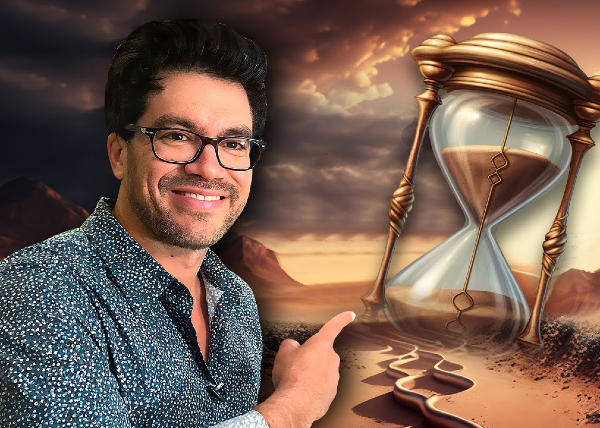 Push a little harder towards your goals. They are waiting...
Push a little harder towards your goals. They are waiting... -
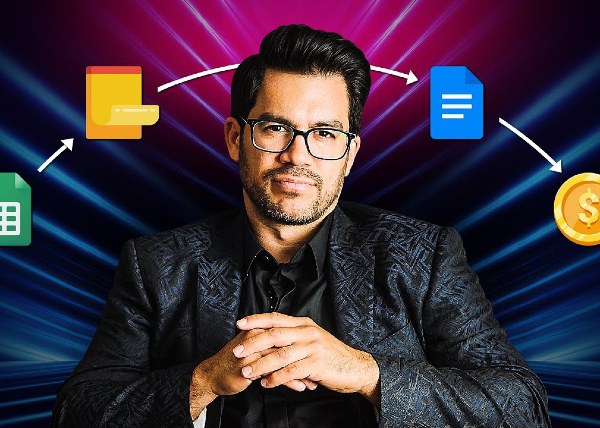 You Personality Type Matters More Than You Think When It Comes To Wealth
You Personality Type Matters More Than You Think When It Comes To Wealth -
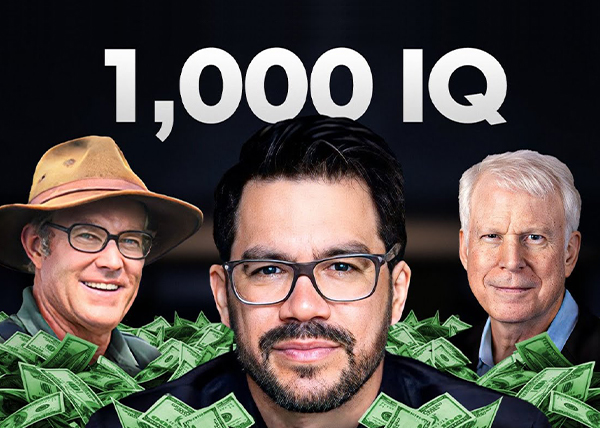 How to Make $1M, Politics, and the Illusion of Free Will
How to Make $1M, Politics, and the Illusion of Free Will -
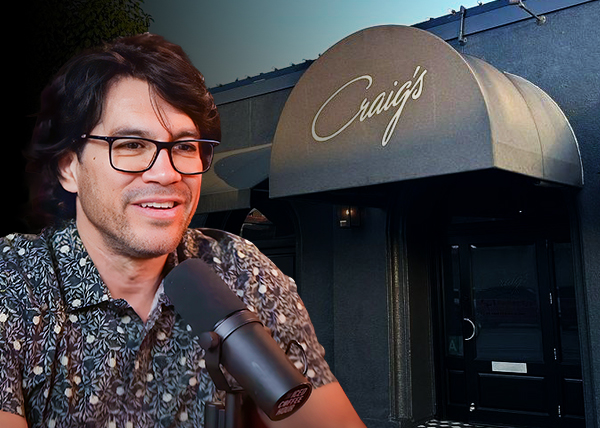 A Star-Studded Dining Experience at Craig's in West Hollywood
A Star-Studded Dining Experience at Craig's in West Hollywood -
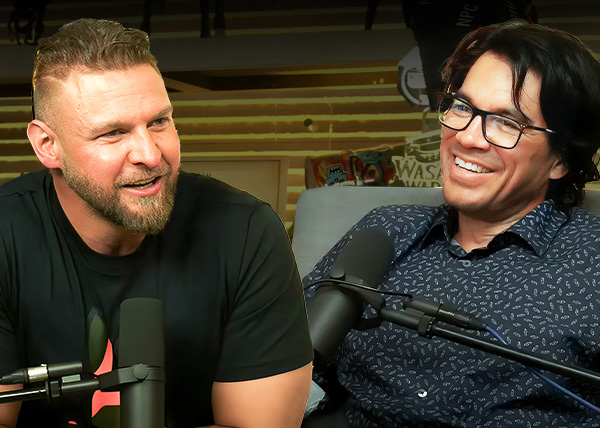 Unlocking the Secrets to Success with Tai Lopez on The Kris Krohn Show
Unlocking the Secrets to Success with Tai Lopez on The Kris Krohn Show

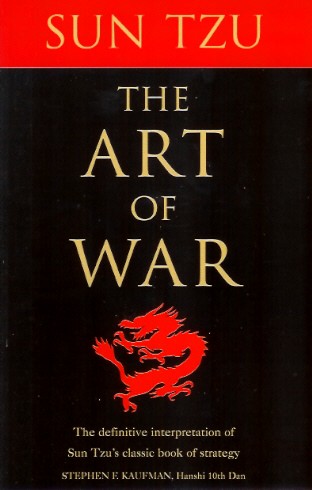
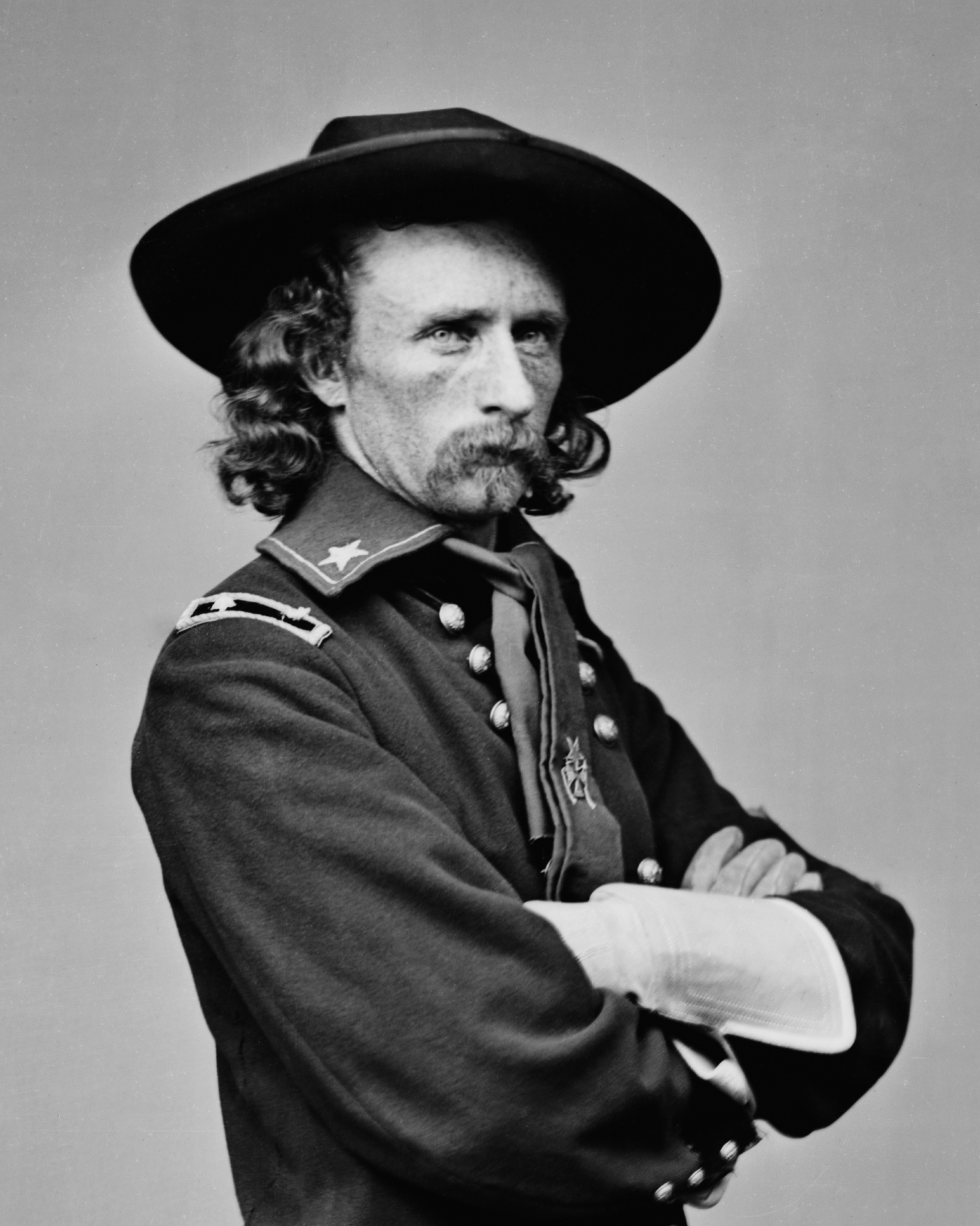
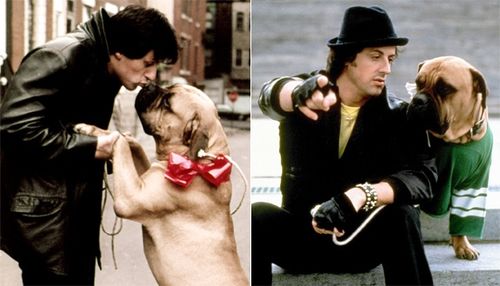
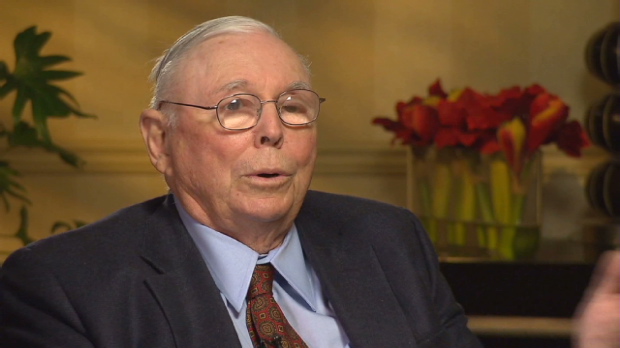
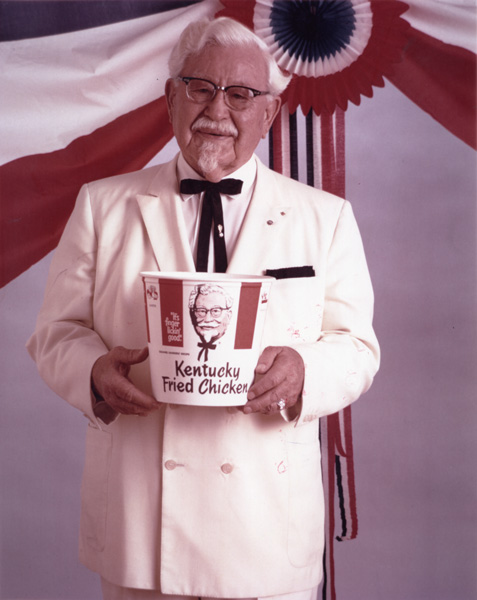
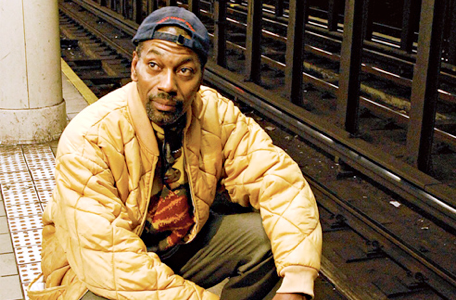

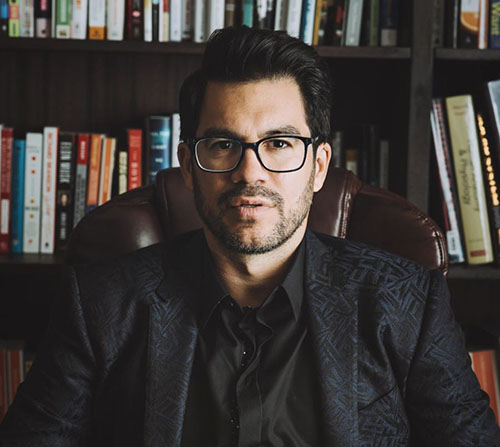
0 Comments